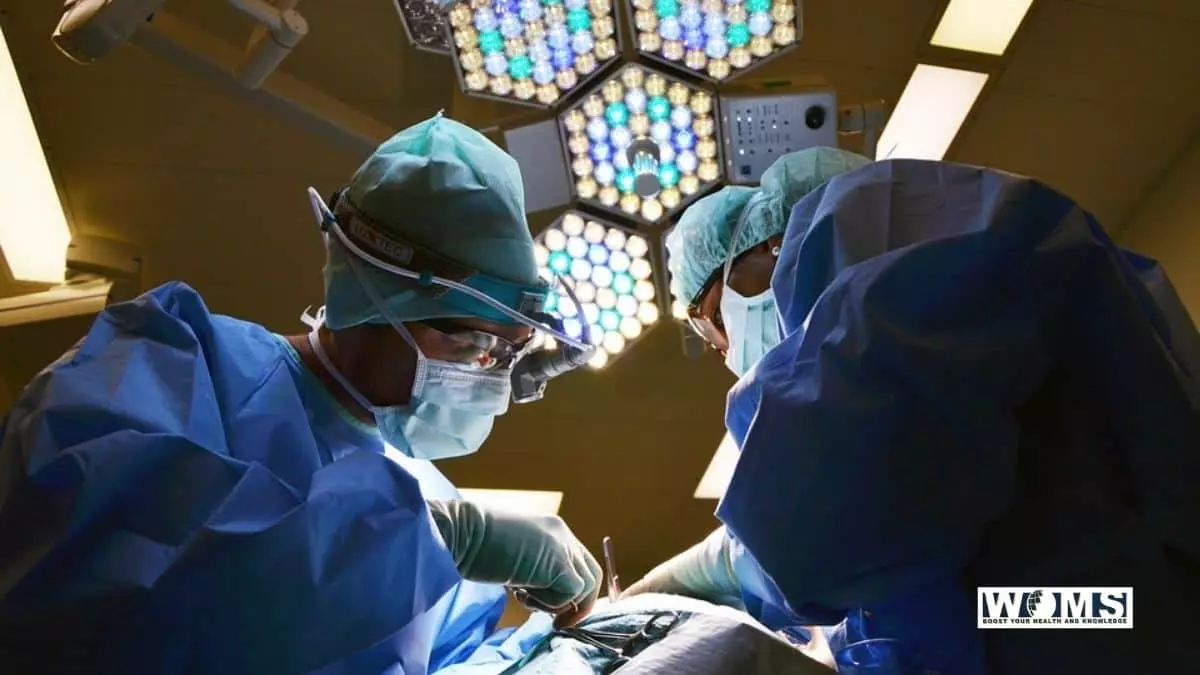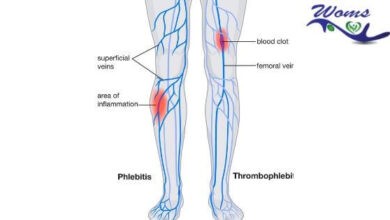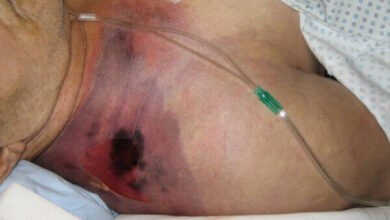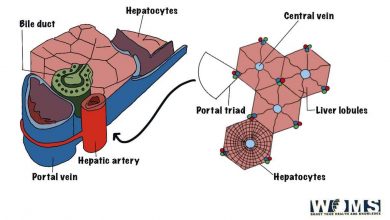Heart Bypass Surgery: Procedures, types and complications

Cardiovascular diseases or in layman language heart diseases have become more common than they used to be in the previous years. The heart is the most vital organ of the human body and if it is not functioning normally it can lead to some serious health risks. Heart issues related to abnormal heartbeat rate, blocked artery, vein thrombosis, heart valve abnormalities, and heart attacks are occurring more frequently than ever. Considering this we will discuss about heart bypass surgery in this article.
In recent years, heart attack has become one of the leading causes of death occurring throughout the world. Most of the time heart attack occurs because of a blocked artery (atherosclerosis) that is checking the normal blood supply to the heart. When the heart is unable to receive and supply oxygenated blood from and to the body it causes several health risks that can lead to heart failure. But with scientific advancements in the medical field, several heart diseases have now become curable.
To cure arterial blockage, cardiac surgeons perform heart bypass surgery. It is also known as coronary artery bypass graft (CABG) surgery. Heart bypass surgery is performed to provide an alternate route for the oxygenated blood to reach the chambers of the heart and from there to the whole body. A blood vessel acquired from the leg, arm, or chest is grafted in the heart to divert the blood flow from the blocked artery to this newly grafted blood vessel. In this way, un-interrupted blood flow to the heart is made possible. Bypass surgery is not as simple as it seems. Some procedures and risks make this surgery extremely complicated.
When do you undergo bypass surgery?
If a person has a blocked artery, earlier symptoms that are quite clear include chest pain, excessive sweatiness, shortness of breath, and heart palpitations. After a complete body check-up when the doctors become sure about the blocked artery, their priority is to treat the condition with medicines.
If medicines are unable to show positive effects then the cardiologist would go towards angioplasty. In angioplasty, a small tube with a balloon at one end is inserted into the blocked artery to keep the artery wide open. In extreme conditions, if angioplasty remains unsuccessful in clearing the heart blockage then a heart bypass surgery is performed. When no medication and even angioplasty does not prove fruitful then heart bypass surgery becomes inevitable.
Types of heart bypass surgery
Till now we have been talking about conditions having only one artery blocked. What most people don’t know is that in extreme cases, up to four arteries can be blocked. As the number of blocked arteries increases health risks also increase. There are four types of heart bypass surgery:
- Single Bypass
- Double Bypass
- Triple Bypass
- Quadruple Bypass
In a single bypass, only one artery is blocked. In double two, in triple three, and quadruple four arteries are blocked. Quadruple bypass surgery is the most complicated and time taking surgery because of more blocked arteries to be replaced.
Complications during the surgery
Being an open-heart surgery, in heart bypass surgery several complications can occur during and after the procedure. There a few health conditions that your cardiologist will inquire about. A person suffering from underlying diseases like diabetes, breathing difficulties due to emphysema or any other lung condition, or even any kidney disease, can face a lot more complications. The cardiologist has to be extremely vigilant and careful with such patients because the medicines and drugs used would be completely different. A heart bypass surgery is done keeping the complete medical history of the patient in mind.
Complications after the surgery
Medical advancements have made heart surgeries almost foolproof but still, some conditions can occur after the heart bypass surgery. An experienced cardiologist will try his level best to overcome all of the complications but chances still exist. These complications can be:
Bleeding at the site of surgery is a common condition. Blood transfusion after surgery becomes necessary for most of the patients. If the bleeding becomes uncontrolled then an additional surgery has to be performed. Normal heart rhythmicity is also affected by the surgery. Due to irregular pumping of the heart clots can be formed that can even travel to other body parts as well. These blood clots come with the danger of stroke or heart attack. Most of the patients have slight chest pain and fever after the surgery that does not last long.
You can read about the uses, doses and complications of Methylergonovine here.
The heart bypass surgery may affect the kidneys as well but is temporary most of the time. Another major problem observed post-heart surgery is memory loss. Most patients are unable to recall things from the past or have difficulty thinking properly. This condition usually lasts for 6 months or a year. The rarest and extreme condition that can occur after a heart bypass surgery is a stroke or heart attack leading to death.
What to keep in mind after surgery?
- The most important change you need to adopt if you are a smoker is to quit smoking. Smoking can worsen your health after major heart surgery.
- A balanced diet with regular exercise must be followed.
- Medication prescribed by the doctor must be taken regularly.
- Stress can cause complications, avoid stressful situations.
Takeaway
Heart bypass surgery is performed to cure several cardiac conditions. It provides several health benefits to the patient. It reduces the risk of heart attack, in patients having a blocked artery. Plaque in the blocked artery can dislodge from the site and move to other body parts including the brain, causing a stroke.
Bypass surgery can reduce the risk of stroke. A blocked artery can cause chest pain and shortening of breath. By undergoing bypass surgery you can be relieved from these discomforts forever. Heart attacks and strokes are the leading cause of death throughout the world. By removing the blockage and marinating the normal blood supply to the heart can completely reduce the risk of heart attack and stroke. Bypass surgery gives you a new life.




